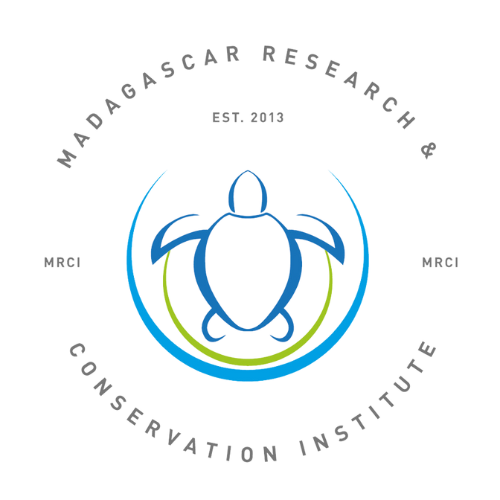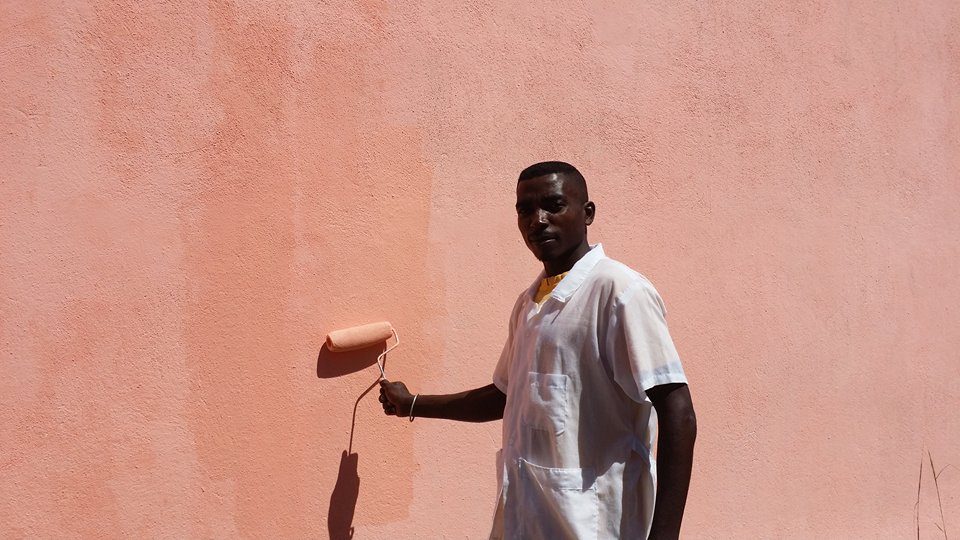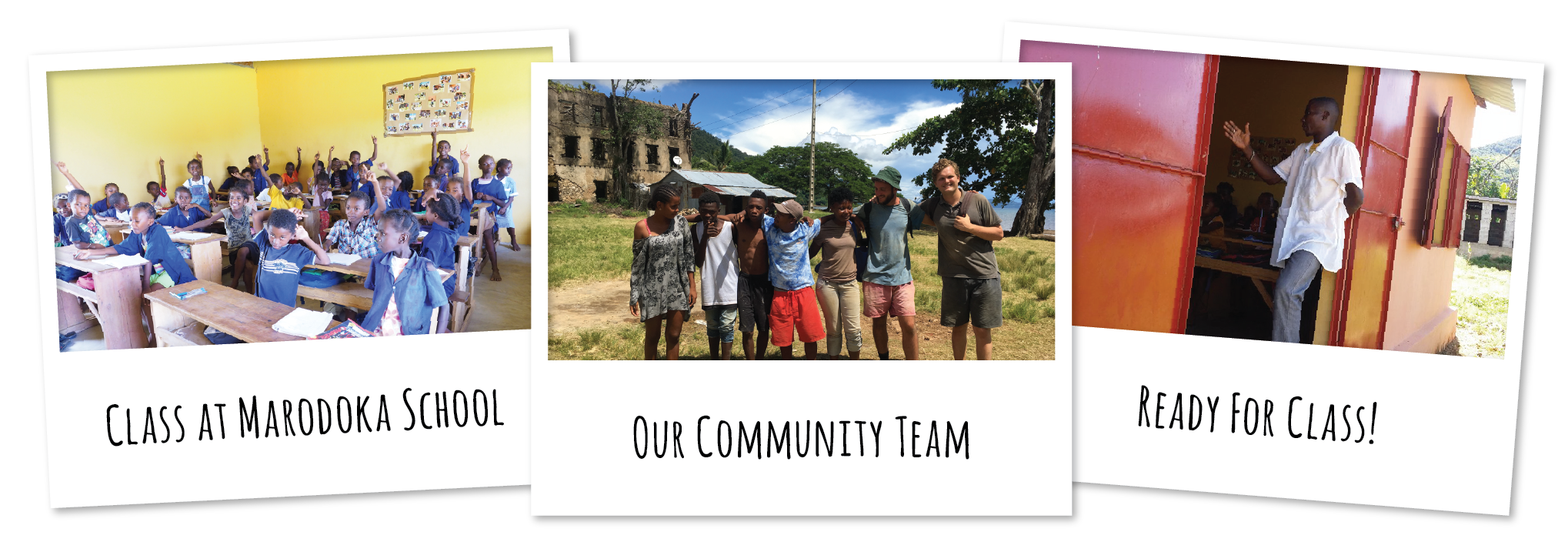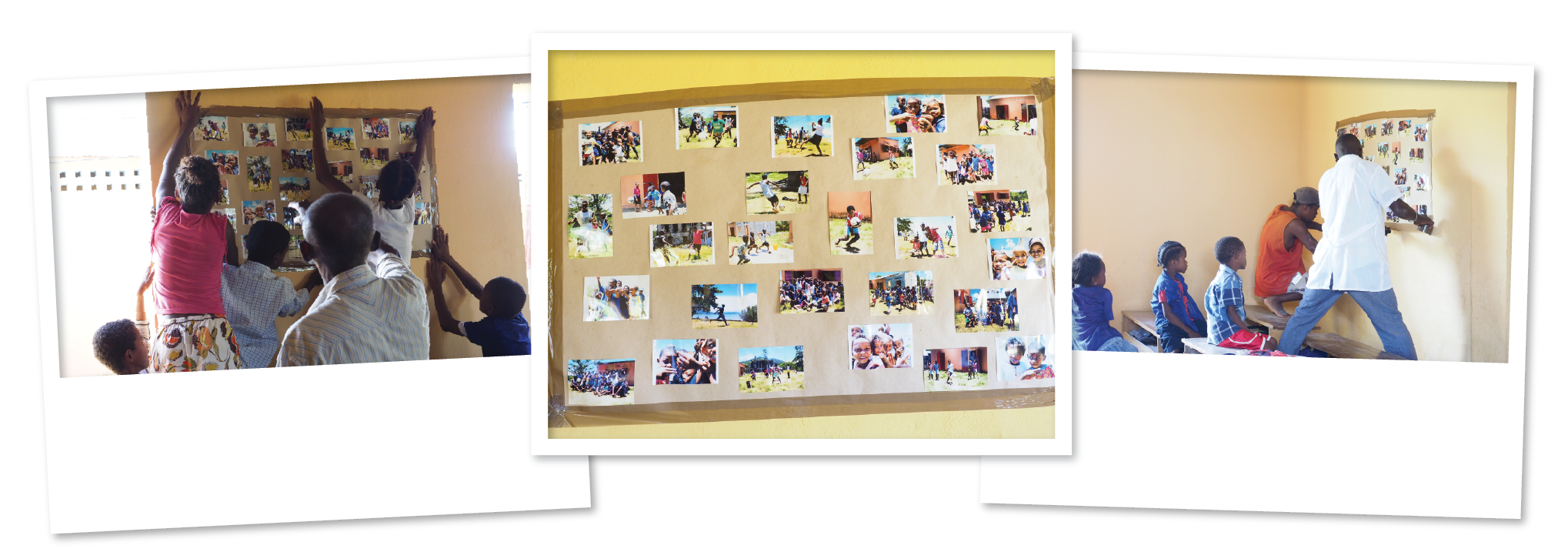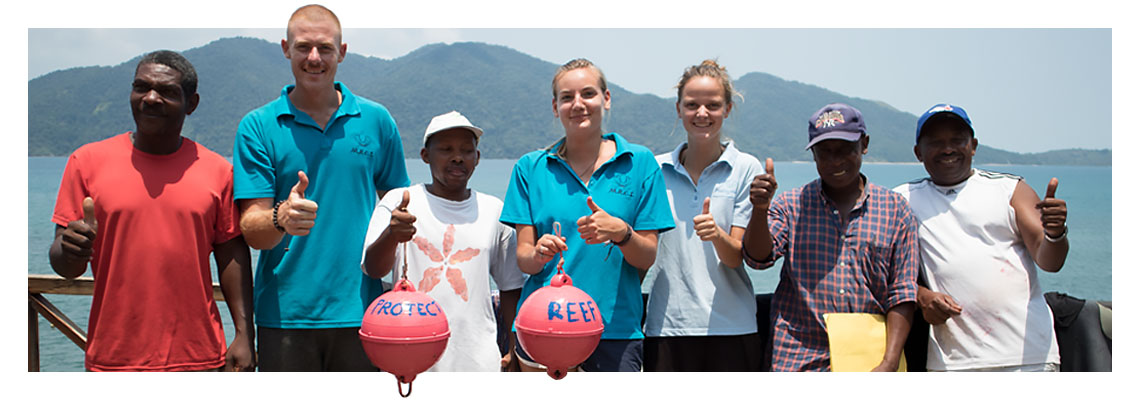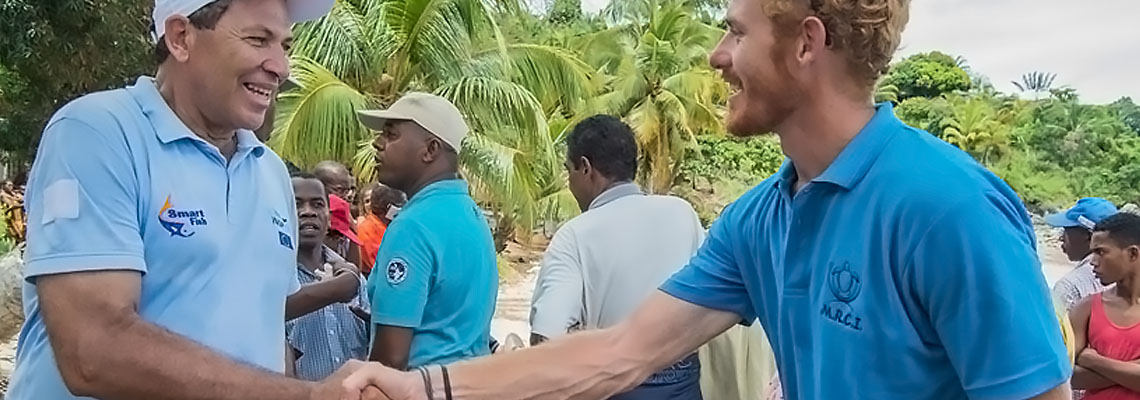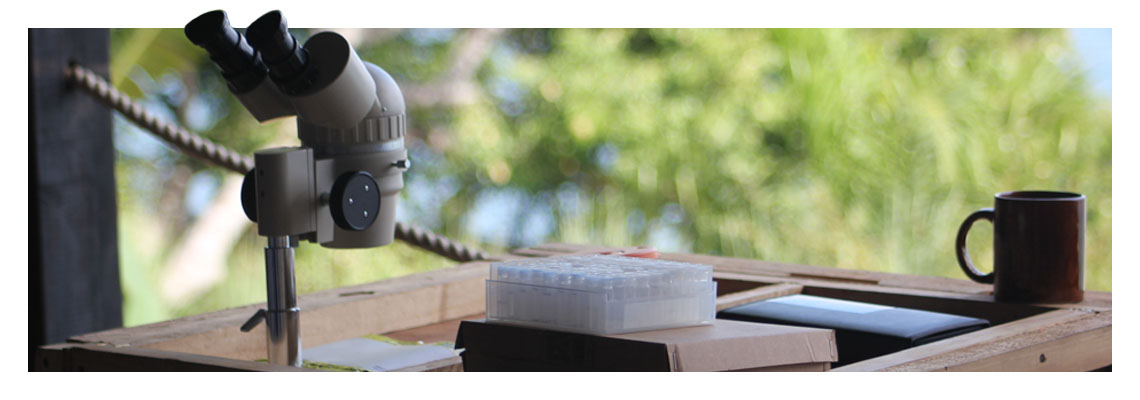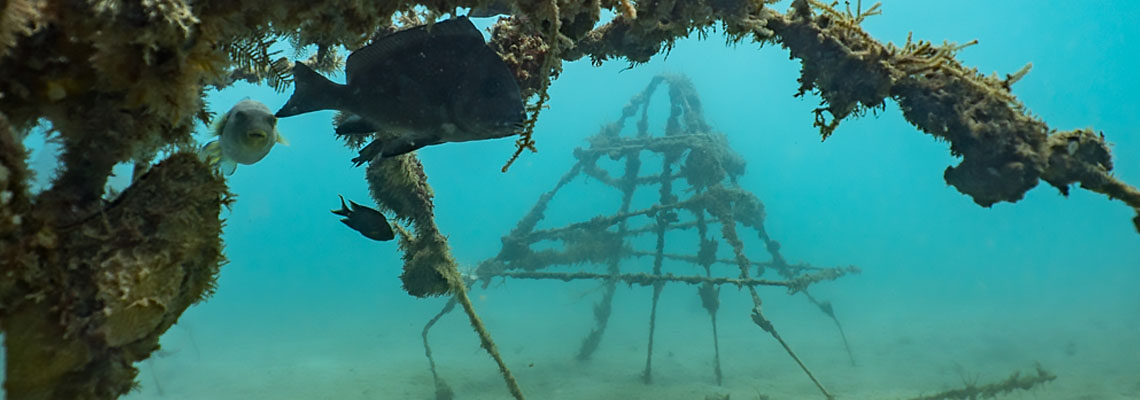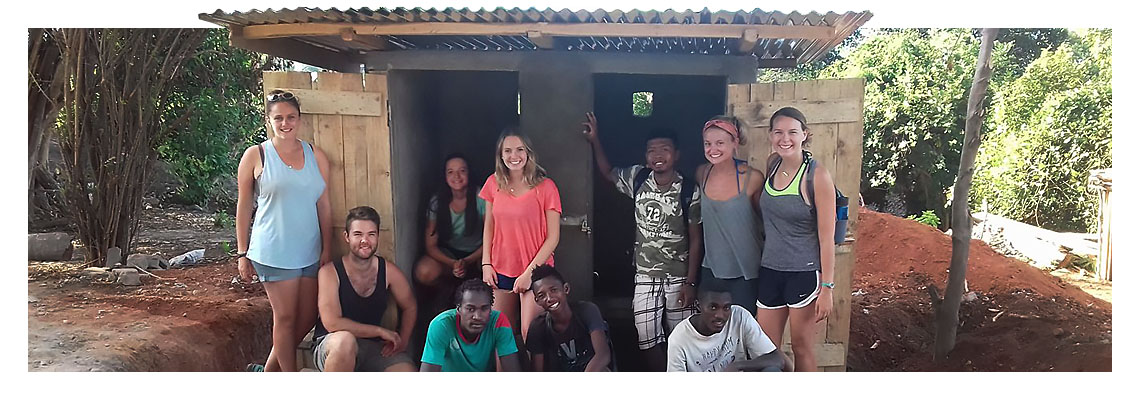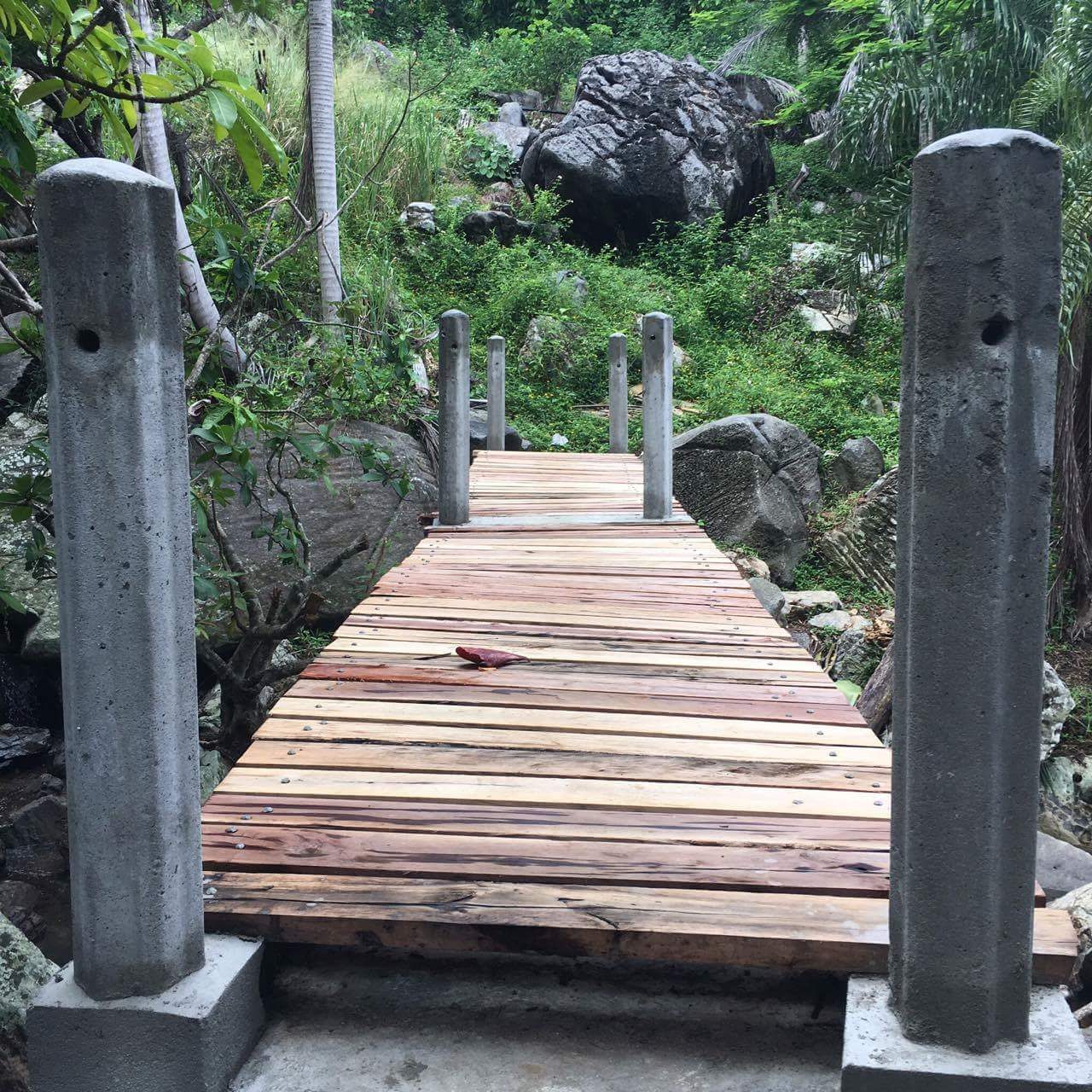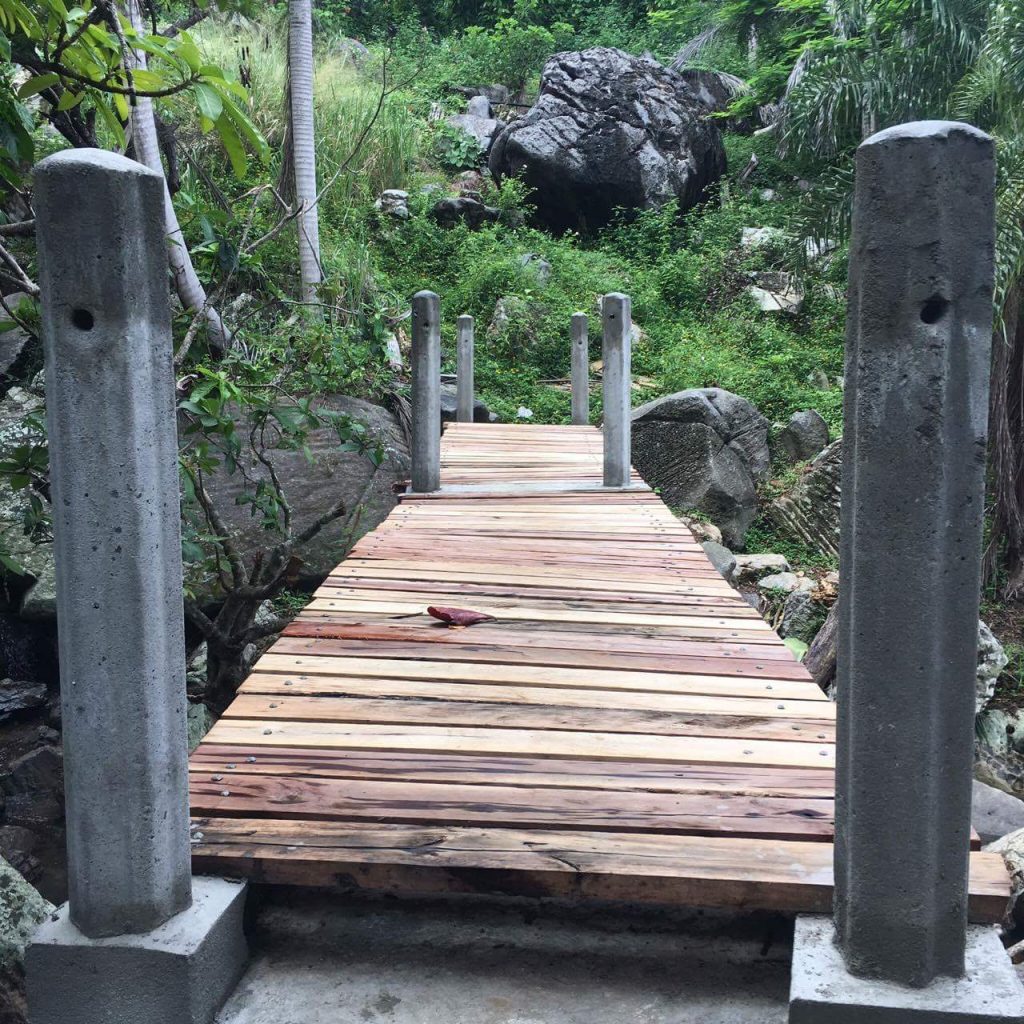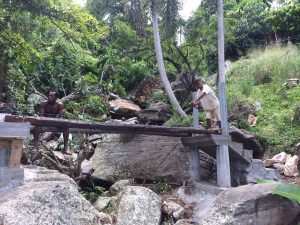Teacher Helps Community Development Volunteers Rebuild School
Author: Emily Borth
We are all Volunteers
Life in the village means living as part of a very inter-connected community. Everyone helps everyone; that is just part of life here. In the span of a few minutes, you can gather large groups of people to help pull boats out of the water when rough weather hits. Food is often shared. Childcare duties are shared. There is a general air of connectedness. It isn’t unusual for a passerby to ask to share your drinking water, whether they know you or not. People help one another when it’s needed. There never seems to be any shortage of people willing to help out whether it is carrying something heavy off a boat or helping a neighbor rebuild their house. When something needs doing, people just pitch in to get it done. It is one of the things I love about the place and the people here.
Mamoudou Tavandra Mohibo embodies this since of community. The 34-year-old grew up in Marodoka and now raises his 9-year-old son and 6-year-old daughter here. He keeps active within the community here and during his free time plays football on the local team. But for the last seven years, his main duties in the village come at the school. Mamoudou teachers primary school there at level three. For years now, he has watched the ebb and flow of EPP Ambanoro school district in Marodoka. He was there when the storm, cyclone Enawo destroyed a quarter of their school in March 2017. The history of this village lives within his long-reaching memory and his love for the community is easy to see. He gentle kindness and giving nature have proven to be a powerful force in helping with the schools rebuild.
Our construction team often brings a packed lunch since Marodoka is quite a distance from Turtle Cove, our base on Nosy Komba. Every morning, volunteers catch the 6:00am boat from Nosy Komba to the port in Hellville on the neighboring island of Nosy Be. They then catch a tuk tuk from Hellville to Marodoka. So, in order to make the most of their time there, they bring a packed lunch so they can work longer before returning to Komba. Often however, they do not bring plates. The glass plates are heavy and at high risk of breaking on the journey, so they just do without. Our forest team solves this problem by using large leaves as plates. But in the village, plate-sized leaves are not as easy to come by.
Mamoudou, seeing this predicament, didn’t hesitate to host the team at his house, just around the corner from the school. His children play outside as the volunteers settle in, his wife handing out plates to the group. This became a regular part of our routine as we rebuilt the school; lunch at Mamoudou’s house. One of our construction volunteers, Mark Thijssen, got to experience this tradition during his time with us. Inspired by Mamoudou’s kindness and his experiences in the village, Mark wanted to give the school a gift before he left. He spent some time taking photos of students at play outside the school and printed them out. With help from the teachers, he hung posters filled with these photos in each of the school’s classrooms.
Beyond being a source of inspiration to our volunteers and providing plates and a place for lunch, Mamoudou’s support yields something even more tangible. He spends much of his free time at the schoolhelping with the actual construction process. He has been involved in work from the very beginning and just this week helped put the final coat of paint and finishing touches on the classroom. He stands viewing the almost finished classroom, a look of pure contentment on his face while the children play, running in circles around the building. This is what community means.
Check out our Community Development Program!
